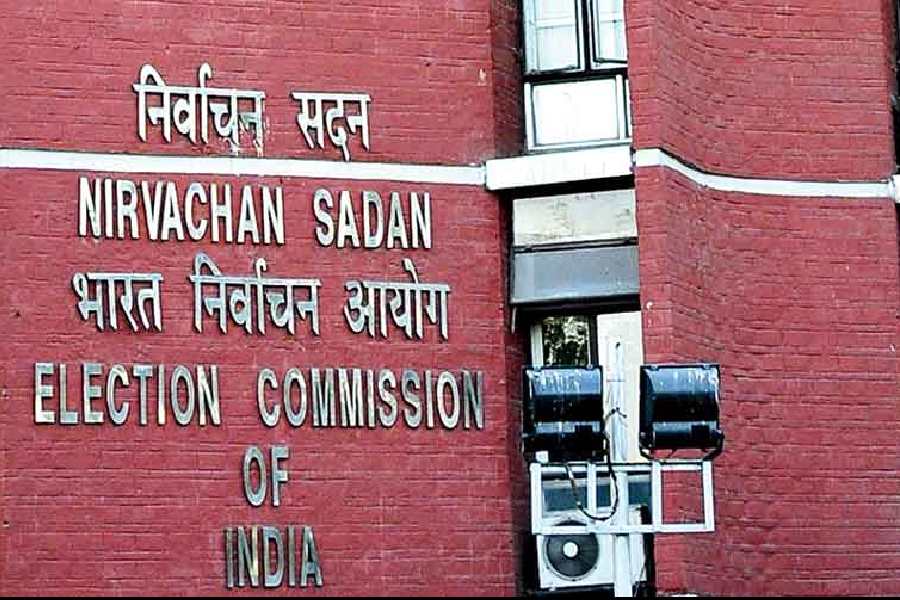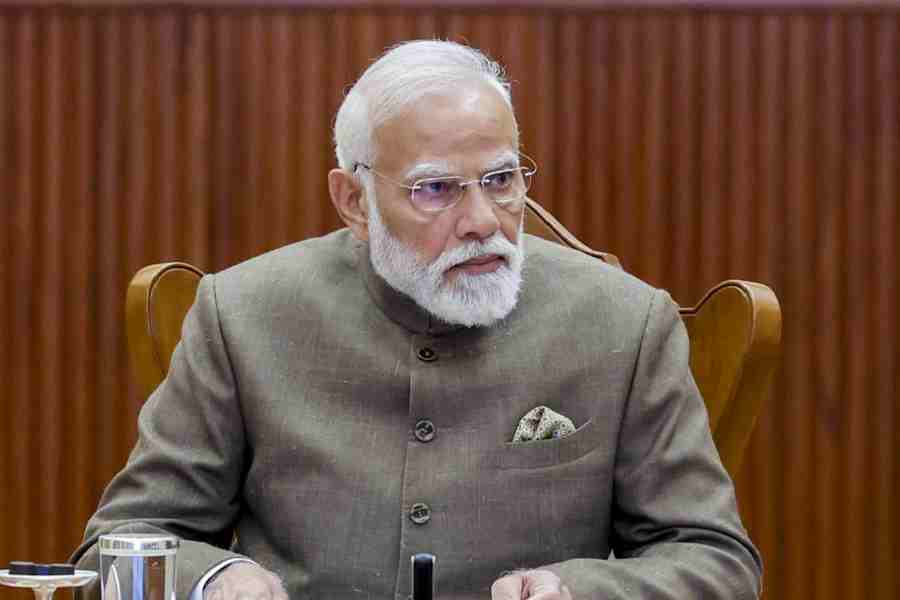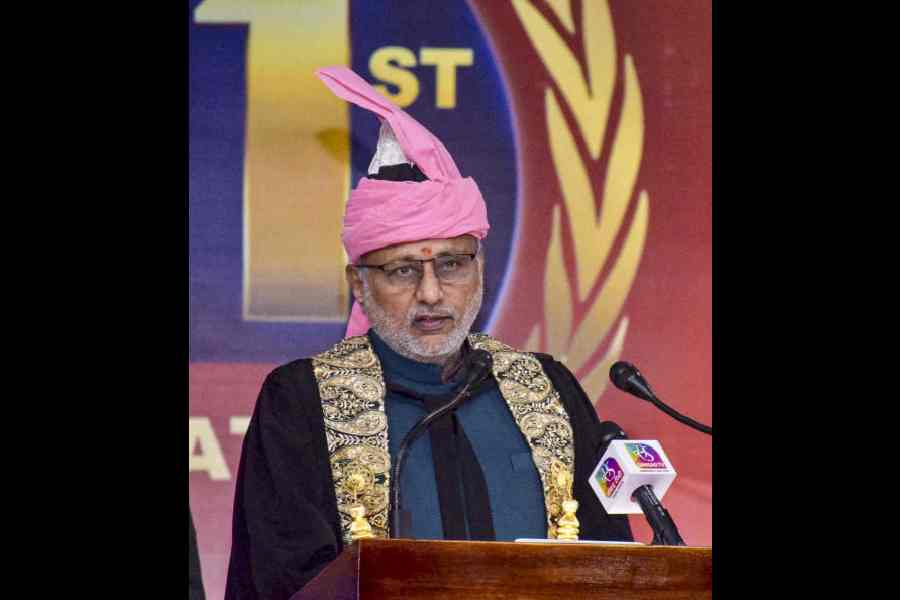The Rajya Sabha on Tuesday passed a bill that allows the Centre to retain an upper hand in the appointment of election commissioners (ECs).
The Opposition, most of whose members had walked out before the voice vote, slammed the bill as one that undid the attempt of the Supreme Court to make the selection of ECs fairer.
The Centre moved The Chief Election Commissioner and other Election Commissioners (Appointment, Conditions of Service and Term of Office) Act, 2023, which replaced the 1991 law that governs the Election Commission. One of the amendments brought in by the government retains the position of ECs on a par with those of Supreme Court judges instead of the cabinet secretary that the original bill had proposed. Another amendment replaced the cabinet secretary in the search committee with the Union law minister.
The new bill also mandates a search committee followed by a selection committee to appoint ECs.
Until the Supreme Court verdict in March, ECs were appointed by the President on the recommendation of the cabinet, specifically the appointments committee of the cabinet (ACC) chaired by the Prime Minister and including the Union home minister and another minister concerned. For the appointment of election commissioner, the minister concerned is the law minister who presents a list of names at the ACC meeting. The senior-most EC is made chief election commissioner (CEC).
The Supreme Court verdict created a selection committee headed by the Prime Minister and comprising the leader of the Opposition in Lok Sabha and the Chief Justice of India (CJI) for appointing ECs until the Centre passed a law in this regard. The bill passed on Tuesday replaced the CJI with a cabinet minister nominated by the Prime Minister, in effect, giving the Centre a greater say in the appointment of ECs.
The search committee shall be headed by the Union law minister and comprise two more persons not below the rank of secretary to the Government of India. They shall nominate five candidates “holding or have held a post equivalent to the rank of secretary to the Government of India and shall be persons of integrity, who have knowledge of and experience in management and conduct of elections” to the selection committee.
The selection committee, however, will not be bound to choose from the nominees of the search committee and “may also consider any other person than those included in the panel…”.
This was criticised by almost all Opposition MPs who said it made the search committee redundant and vested the absolute power of selection with the Prime Minister.
Quoting B.R. Ambedkar, Congress MP Randeep Singh Surjewala pointed out that the Constituent Assembly had supported the Drafting Committee’s view that “...the independence of the elections and the avoidance of any interference by the Executive in the elections to the Legislature should be regarded as a fundamental right...”
He alleged that the bill “completely negates and subjugates the Election Commission to the authority of the executive and it does away willingly, maliciously the judgment of the Supreme Court”.
Surjewala also objected to the qualification fixed for ECs. This was countered not only by the law minister Arjun Ram Meghwal but also Trinamul MP Jawhar Sircar — both former IAS officers.
Sircar, however, was critical of the bill. He said: “Appointment really boils down to that of the PM and his minister… This will lead to legalisation of rigging.”
AAP’s Raghav Chadha said multiple parliamentary panels, the Law Commission, and BJP co-founder L.K. Advani wanted the CJI on the selection committee. He termed the bill “illegal” saying: “You can’t reverse an SC judgement without changing the very basis of it.”
Meghwal dismissed calls to include the CJI, citing Article 50 of the Constitution that separates the judiciary from the executive. He pointed out that previous governments did not pass a law, thereby directly appointing ECs without a collegium.
The minister said: “Those who have not introspected themselves are teaching us? Should the Prime Minister have no role in an executive function?”










